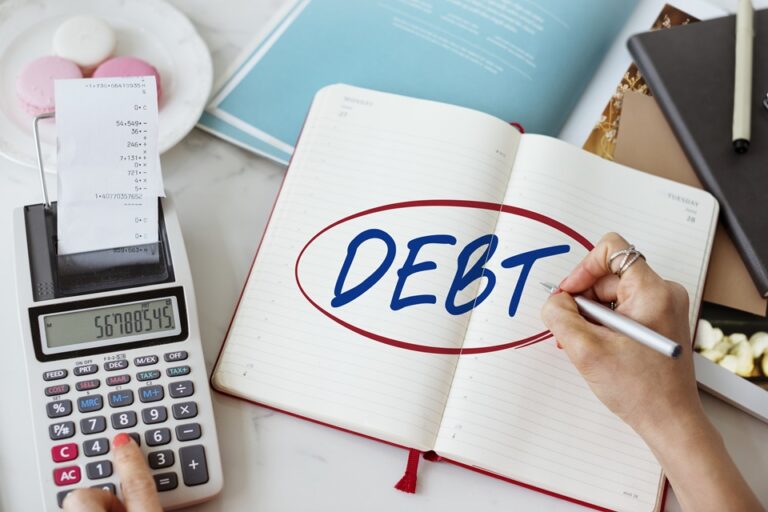You may know that, with title loan companies, you can get a loan without bank account. For scores of people nationwide, that’s a lifesaver. But while your financial emergency will have been averted, you will be in debt.
But contrary to what many of us have been taught, not all debt is “bad” debt. There’s also “good” debt. And, which one yours is depends on your circumstances, including how much you can risk.
Here’s what you should know about good debt vs. bad debt.
Good Debt
Basically, good debt can be viewed as favorable if it helps you generate income or produce wealth. In many varying scenarios, going into debt can benefit your overall financial health.
For example, most people don’t have the cash to buy a home outright. So, they get a mortgage loan. Here, taking on debt means your loan payments will go toward building a real estate asset rather than to a rental agency. You can eventually sell the home for a profit, and in the interim, you’re building equity that can get you tax breaks. You may also choose to rent your property out.
Another example of good debt is education. Generally, education is associated with a greater ability to find employment and a greater earning potential. As such, an investment in schooling can ultimately pay for itself. Note, though, that some degrees may be more valuable than others, depending upon factors such as demand and the sector. That’s important to weigh when choosing your field of study.
Borrowing money to start a business is also generally considered good debt. Of course, business ventures, like education, come with risks. However, if your business prospers, the debt will have been worth it.
Bad Debt
There is debt that isn’t so great for your finances. Generally, bad debt is considered money borrowed to buy a depreciating asset. Debt that is not good for your finances usually carries a high interest rate. And excessive debt can bring down your credit scores.
High-interest credit card debt is Exhibit A, as that can hurt your credit rating. You also may want to avoid going into debt for vacations. However wonderful your time away is, you won’t have much tangible left to show for it when you get home. If a vacation loan is unavoidable, be sure to repay it right away.
You should also think twice about borrowing to buy a boat. As pleasurable as they may be, these crafts quickly lose value and require other expenses as well. And like boats, cars are also depreciating assets. The vehicle loses value as soon as it leaves the dealer lot.
Still, auto loans are common. While you may be able to get a better rate with one than you would with a personal loan, it’s best to avoid going into debt for a car purchase. If you must get a car loan, try to find one with minimal fees and a low interest rate.
Then there is apparel, furniture, food, and other consumables, but using high-interest plastic to purchase them isn’t the best choice due to interest charges. If you can, pay in cash. If you do use a credit card, be certain you can pay it off at month’s end.
For most people, being debt free is ideal. However, there are situations in which debt can help you build wealth. On the other hand, bad debt is money borrowed to buy items for consumption or assets that swiftly depreciate. Make sure you understand the difference.



